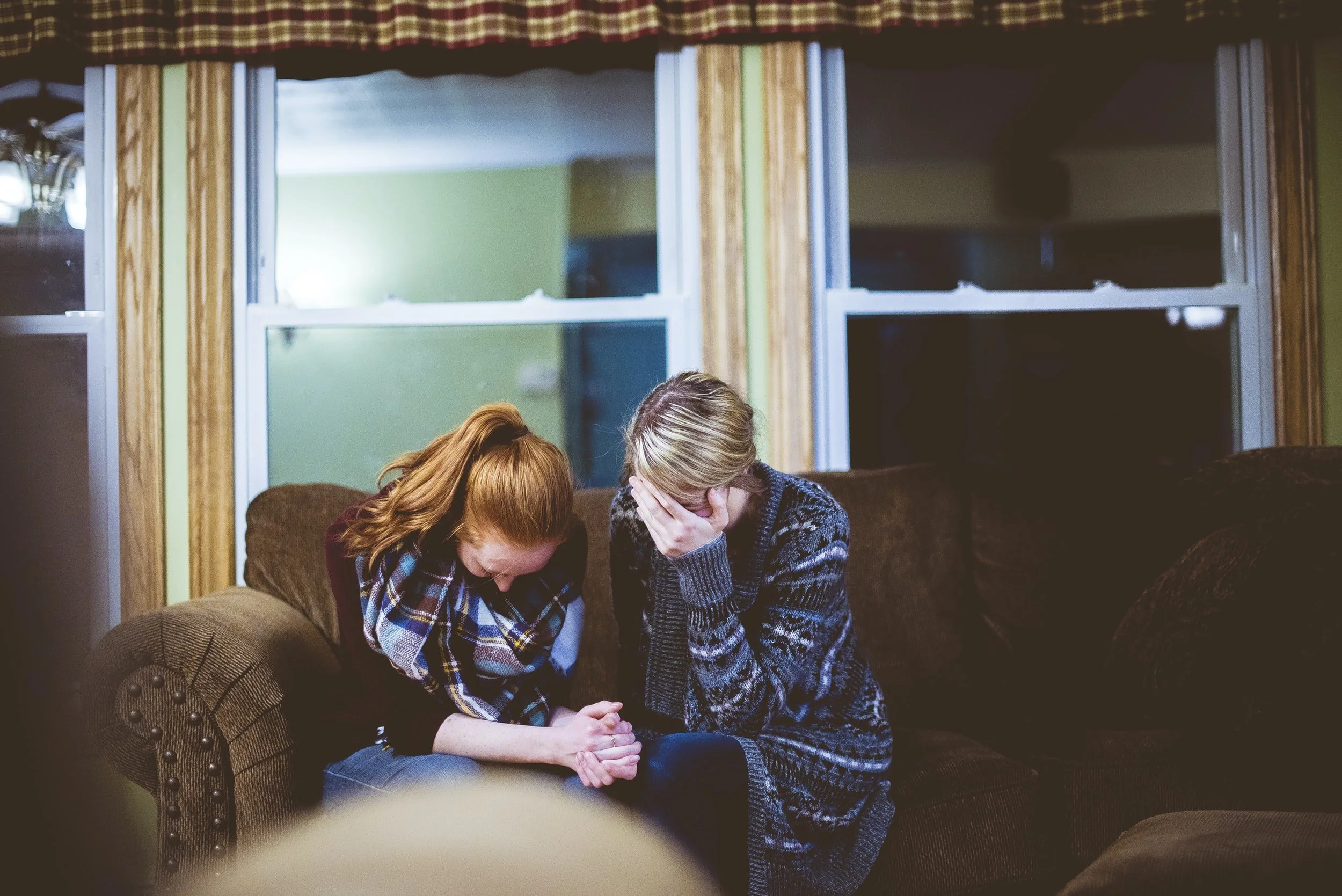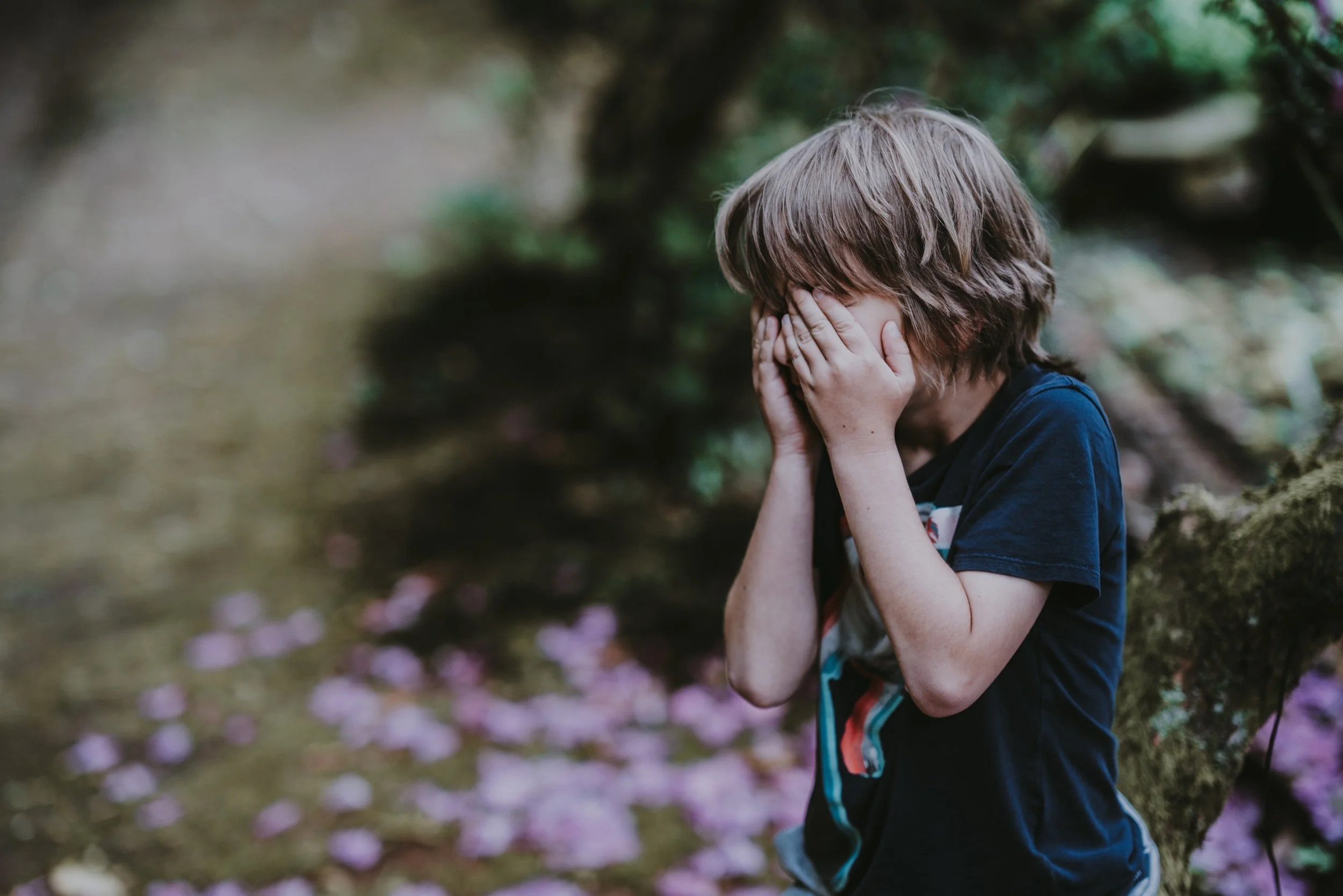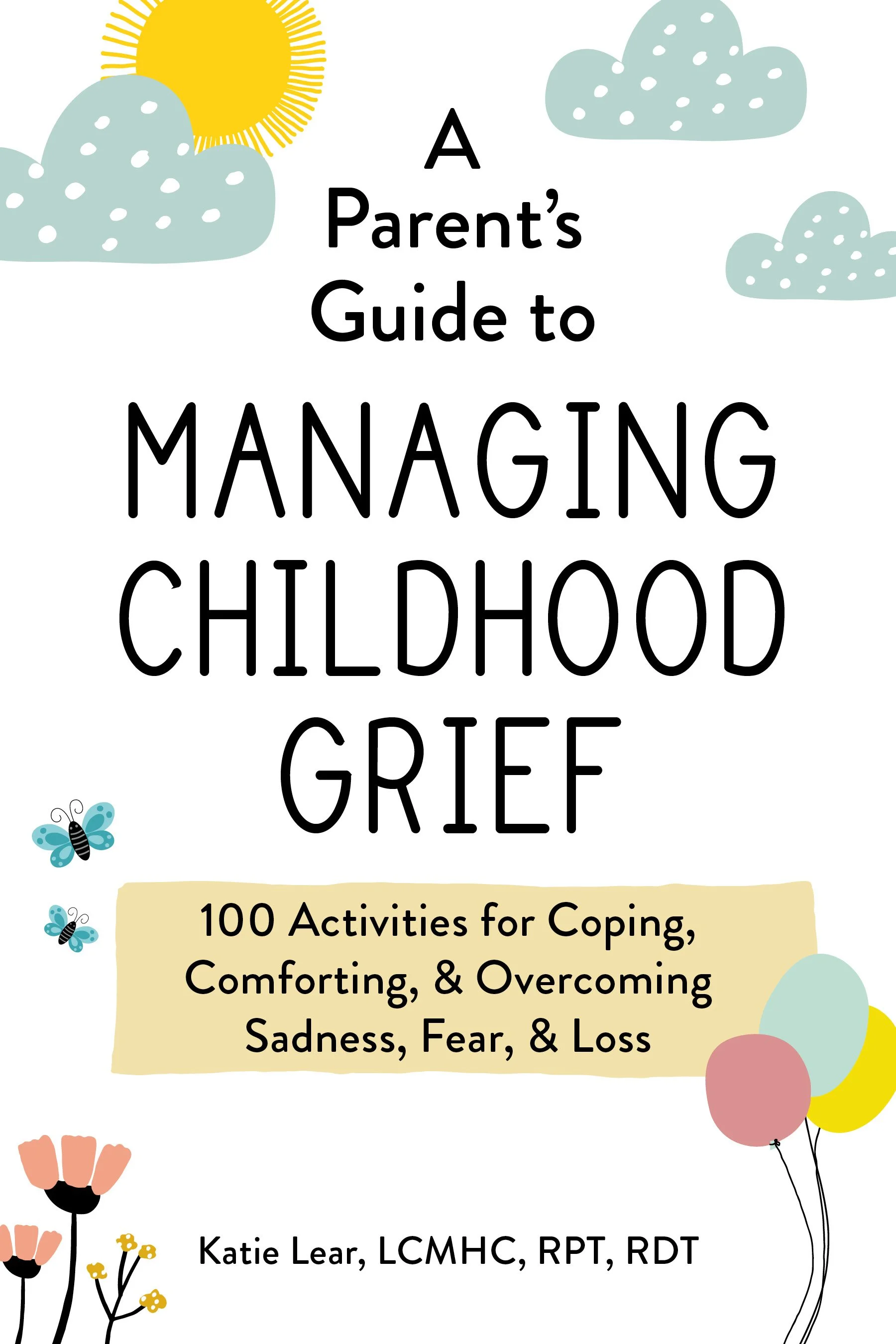How long is too long to grieve? We all have our own ways of dealing with loss, and there’s no right or wrong way to respond when a loved one dies. Grief never really ends, but mental health experts recently created a new diagnosis for people who grieve intensely for over a year: Prolonged Grief Disorder. Both kids and adults can receive this diagnosis, and attend therapy designed to help them move through their feelings of grief.
Is it really helpful to put a timeline on someone’s grieving process? How can you tell if you or your child is experiencing prolonged grief? Let’s talk about what Prolonged Grief Disorder is, and how you can help a child who is struggling after a loss.
Prolonged Grief Disorder is a New Diagnosis
Grief is a universal emotion, but until very recently it wasn’t considered a mental health issue. Most of us will experience grief during our lifetime. As painful as it is, grief is a healthy, natural response to losing someone we love. Many mental health problems, like anxiety, involve having a big emotional reaction that is out of proportion to the situation. It’s hard to imagine having a reaction that’s too big to the death of a loved one.
Still, grief can seriously impact a person’s life. Like trauma, it can affect a survivor’s relationships with others, their worldview, and their hopes for the future. For a small number of people, grief has a major and lasting effect on their ability to get through daily life. They may feel numb or have a hard time adjusting to the reality of what has happened. They might feel hopeless about the future, or cope with their feelings in unhealthy ways. Prolonged Grief Disorder was created to give a name to people with these kinds of struggles.
Not Everyone Agrees That Grief is a Mental Health Problem
You can find Prolonged Grief Disorder in the DSM-5, the “therapy bible” that therapists use as a guide to diagnose and treat people with mental health conditions. However, not everyone agrees that it should be there. The idea that grief should be listed alongside mental health problems like depression and OCD has been a little bit controversial.
Some critics think it’s not helpful to decide when grief “should” be over, because everyone’s process is so different. Who is to say that one year is the right or wrong amount of time to grieve? The diagnosis could make grievers feel added pressure to “get over it” or “just move on” with their lives after a death. Some grievers already feel this pressure, as phone calls and support from friends tend to fade away in the weeks or months after a funeral.
There’s also worry that putting a label on grief could make a hard time even more difficult for grievers. There is still stigma around mental illness, and being told you have a “disorder” could make a grieving person feel ashamed or as though their feelings are not valid. Many people already feel self-conscious about how they have responded to their loved one’s death—will getting this label make that feeling worse?
On the other hand, getting a diagnosis makes it much easier to get into therapy. People benefit from therapy after all kinds of life transitions, including deaths, and it doesn’t mean the feelings they’re having are wrong. Hopefully, adding Prolonged Grief Disorder as a diagnosis will help therapists and grievers find new ways to get help and heal after loss.
The Symptoms of Prolonged Grief Disorder
According to the American Psychiatric Association, prolonged grief happens when a person has been intensely mourning a loss for a long time. For adults, this means grieving for over a year. For children and teens, this means grieving for over six months. Prolonged Grief Disorder is more likely to happen after the the death of someone very close, like a parent, child, or spouse. It’s also more likely if the death was sudden or unexpected, like from an accident.
Some symptoms of Prolonged Grief Disorder include:
Shock and disbelief
Yearning or longing for the deceased person
Feeling like a part of your own identity is gone
Feeling emotionally numb, or feeling extreme emotions like sadness or anger
Trouble returning to day-to-day activities
A belief that life is hopeless or meaningless
Avoiding people, places or things that remind you of the death
These symptoms don’t just happen once in a while: they’re present for most of the day, almost every day. They are so frequent and so severe that they make it hard for the griever to keep moving forward in life.
When Children Experience Prolonged Grief
Children grieve differently than adults, and this is true when it comes to prolonged grief, too. You might have noticed above that kids and teens only need to have prolonged grief symptoms for 6 months—half as long as adults—in order to get a diagnosis. Children, in general, move through grief more quickly than adults do. They also tend to work through grief a little bit at a time rather than all at once, giving them time between spurts of grieving to focus on just being a kid.
Kids who have lost a parent, sibling, or other close relative or friend are at risk of developing prolonged grief, just like adults. In addition to the symptoms listed above, a child’s grief may show up in other ways, such as:
Difficulty believing their loved one isn’t coming back
Tantrums and intense emotional outbursts
Focusing on or reliving the details of the death
Worries that they somehow caused the death with their thoughts or actions
Anxiety about bad things happening to other family members
Many grieving kids will have some of these symptoms, but kids with prolonged grief will have them most of the time, on most days of the week. Over time, they can lead to social isolation, or added trouble with depression, anxiety, or other mental health problems.
Grieving Children Are More Emotionally Vulnerable As They Grow
Grief on its own is not a mental health problem, but it is a tremendous stress and sometimes even a traumatic event. Grief is painful no matter your age, but it can be especially tough for young children who lose an important person early in life. Bereavement affects kids both in the short term, causing problems like depression, and in the long term, leading to struggles at school, difficulty in relationships, and substance abuse.
Not all bereaved kids will develop these mental health issues. In fact, most children will find healthy ways to keep living and growing through grief. All kids need lots of help from caring adults to understand death, grief, and loss. This is especially true for kids dealing with prolonged grief.
Help for Grieving Kids and Families
As a parent, caregiver, or someone who loves a grieving child, you are your child’s biggest source of support. Many grieving children do not need to attend therapy. Simply having an adult who listens and cares reduces their chance of developing mental illnesses later in life.
You can help your child understand their feelings and find ways to remember and honor their special person together. If you need help finding ways to do this, A Parent’s Guide to Managing Childhood Grief offers over 100 activities you and your child can complete together. Using simple materials and play-based learning, you and your child can share your feelings, learn age-appropriate information about death, and regain a sense of safety after loss.
If you suspect your child may have Prolonged Grief Disorder, a child counselor can help. Therapy gives children a safe place to work through feelings at their own pace, and learn how to cope with the strong feelings that come with loss. If you’re located in North Carolina, Florida, or New York, I may be able to help with in person or online child counseling. You can also run a search for therapists near you using Psychology Today or a similar directory.





